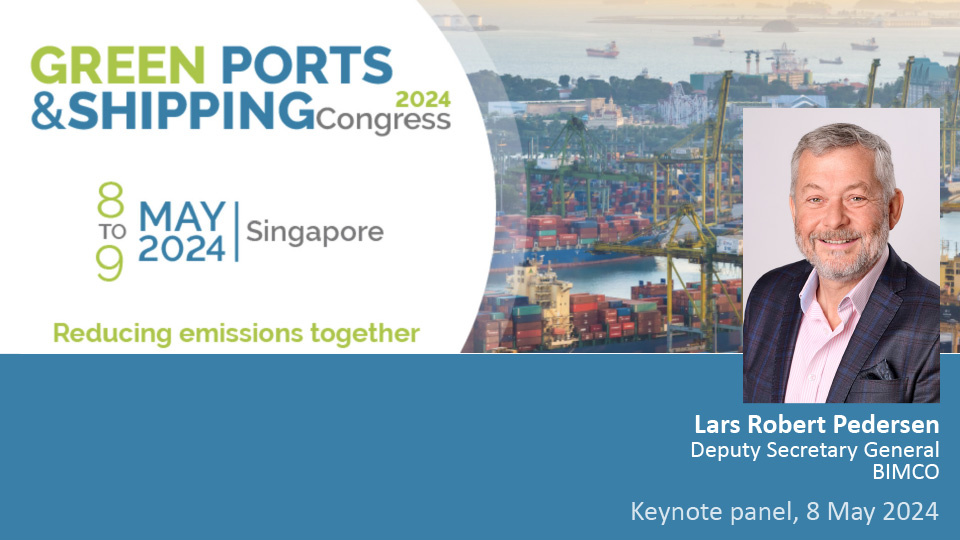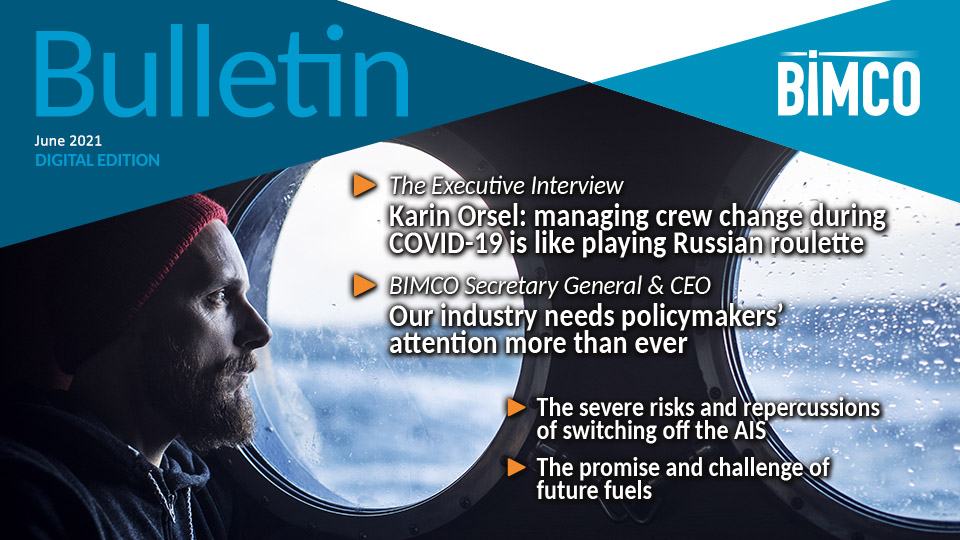US regulations affecting your ships - get the February update!
Overview
Executive order on immigration
Given the confusion and litigation surrounding President Trump’s original executive order on immigration as it applies to seafarers C and D visas, a revised and clarifying executive order has been issued. In the meantime, CSA continues to strongly suggest no crew changes in the US for crew members from the named countries; Iran, Libya, Somalia, Sudan, Syria and Yemen. CSA has received assurance that in the event of a medical emergency to one of these seafarers, the US Customs and Border Protection Agency ( US CBP) in coordination with the local USCG Captain of the Port, would allow for the seafarer to be treated ashore in the US.
CSA will update accordingly once they receive further information on the impact to seafarers of the revised executive order on immigration.
CBP proposed revocation of prior rulings
The US CBP has proposed a modification and revocation of a certain class of ruling letters relating to the application of the Jones Act to the transportation of certain “merchandise and equipment” between US ports or places. Specifically, this initiative, if agreed upon, would impact the current authorisation of non-US flag offshore supply and repair vessels (OSV) to carry certain items used in the repair of offshore structures. It is also uncertain at this time if non-US flag OSVs would be able to offload these articles at the offshore site and conduct the repairs/maintenance with this equipment.
Under the Jones Act, movements of “merchandise and equipment” between two US ports or places must be conducted by US flag vessels. This principle is extended to movements between a US port and an offshore structure by the Outer Continental Shelf Lands Act (OCSLA) originally enacted in 1963 and amended in 1978.
To read the US CBP’s current proposal, please refer to the full CSA report.
Ship strikes and commercial shipping noise
In preparation for the UN Oceans Conference set for 5-9 June 2017 in New York, a number of preparatory committees and side events are being conducted. On February 15 2017, a side event was held at the UN, sponsored jointly by the Wildlife Conservation Society (WCS), the International Union for Conservation of Nature (IUCN) and the Government of France. The event was titled "At the crossroads: Global Shipping Lanes and Whale Conservation". The event was attended by a number of governments, evidencing the high visibility of this issue to the UN community. The panel focused on two specific issues - commercial ship strikes of whales and the impacts of commercial shipping noise on living marine resources.
With this summary of the event in mind, the purpose of this note is to alert the shipping industry that the issues of ship strikes and commercial shipping noise are gaining significant momentum at the UN, likely pushed by a number of environmental non-governmental organisations (NGOs) who clearly have the ear of certain governments at the UN. Future developments at the UN as well as potentially at IMO advise for a close watch on these issues at all levels of the UN system.
As a representative of the shipping industry, two fundamental points were made. First, any additional initiatives to regulate shipping must be the responsibility of the IMO and not other UN organisations focused on resource protection and conservation. The second point emphasised is the lack of data and impacts analysis regarding shipping and living marine resources, both temporally and spatially, and before any new initiatives on additional regulation of shipping are even begun, this lack of data and impacts analysis must be corrected before any intelligent decisions can be made in the future.
It is clear that a number of the environmental NGOs will push further action on these issues including mandatory controls on global shipping eg speed restrictions and the establishment of global shipping lanes. While it is clear what the industry's position on these types of proposals would be, it is important that the industry be prepared to confront these proposals head on when they arise in whatever forum.
Ship fee increased to $1,000 effective April 1 2017
On 6 December 2016, the Commission approved regulations that increased the fee paid by ships with a qualifying voyage arrival at a California port. (See Public Resources Code, § 71215.) The fee was increased from $850 to $1,000. The Board of Equalization will begin collecting the increased fee on or after 1 April 2017. The fee is deposited into the Marine Invasive Species Control Fund and funds the state's Marine Invasive Species Program.
Download RELATED Documents
-
Full CSA report for February 2017 0.1 MB
Download now
Feedback or a question about this information?
ELSEWHERE ON BIMCO
Contracts & Clauses
All of BIMCO's most widely used contracts and clauses as well as advice on managing charters and business partners.
Learn about your cargo
For general guidance and information on cargo-related queries.
BIMCO Publications
Want to buy or download a BIMCO publication? Use the link to get access to the ballast water management guide, the ship master’s security manual and many other publications.





